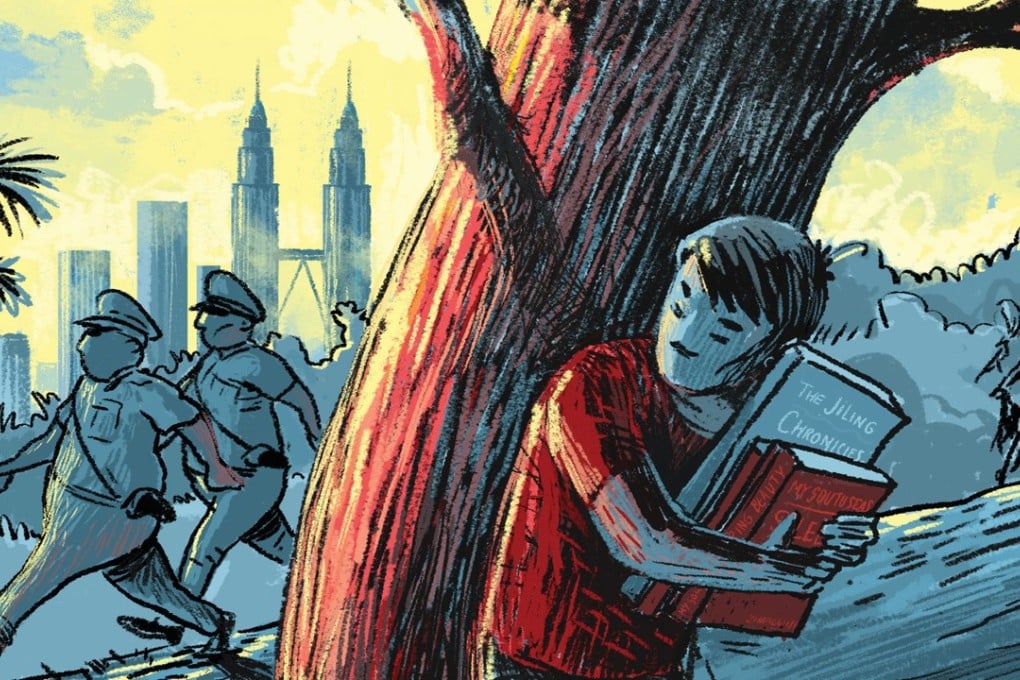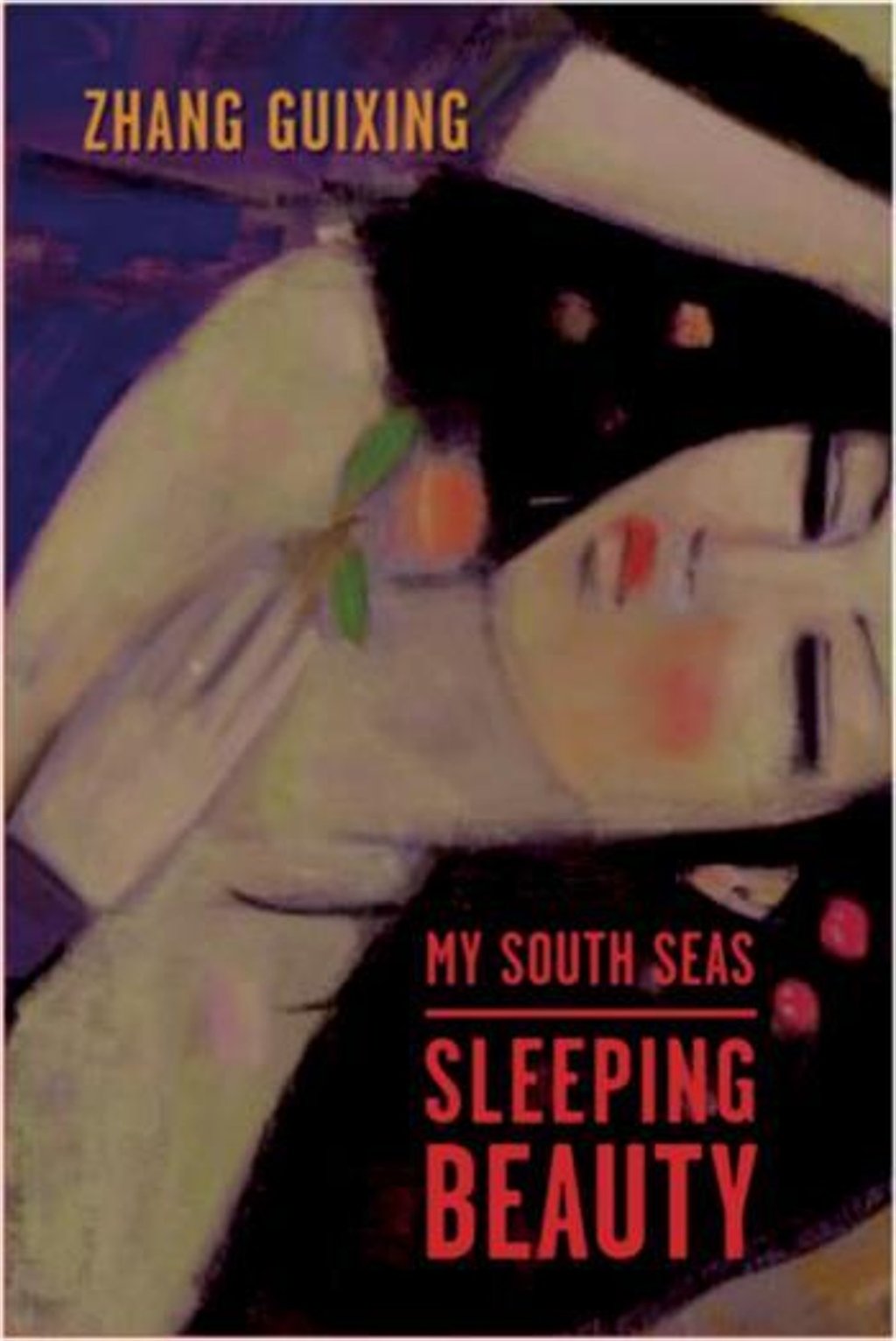How Chinese Malaysian writers spurned at home found success in Taiwan, and why cultural identity is so often a theme of their novels
With Chinese culture in Malaysia under pressure and their work not recognised as part of the nation’s literary canon, many writers have since the 1960s chosen to leave for Taiwan, where they find acceptance and appreciation

Racial discrimination and cultural displacement are common themes among writers of Chinese descent from Malaysia. That’s hardly surprising since, despite its multicultural society, the country does not recognise works by Malaysian Chinese authors as part of the national literary canon.
It’s a situation that has driven many talented Chinese Malaysian authors overseas to try their luck.

According to Show Ying Xin, co-founder of the Rumah Attap Library and Collective, based in Kuala Lumpur, the plight of Chinese Malaysian authors in their home country stems from the lack of government recognition and a history of marginalisation.
Why ethnic Chinese in Southeast Asia don’t owe their loyalty to China
After Malaysia gained independence in 1963, many young Chinese residents were eager to learn Malay to promote national unity. When the majority-Chinese Democratic Action Party made surprisingly strong gains in the May 1969 polls, however, anti-Chinese violence erupted. Estimates put the death toll from the ensuing riots at up to 600, the majority of the victims being Chinese.
The trauma of the so-called 13 May Incident cemented a conviction among Chinese migrant communities never to forget their roots, even as they “became Malaysian”.